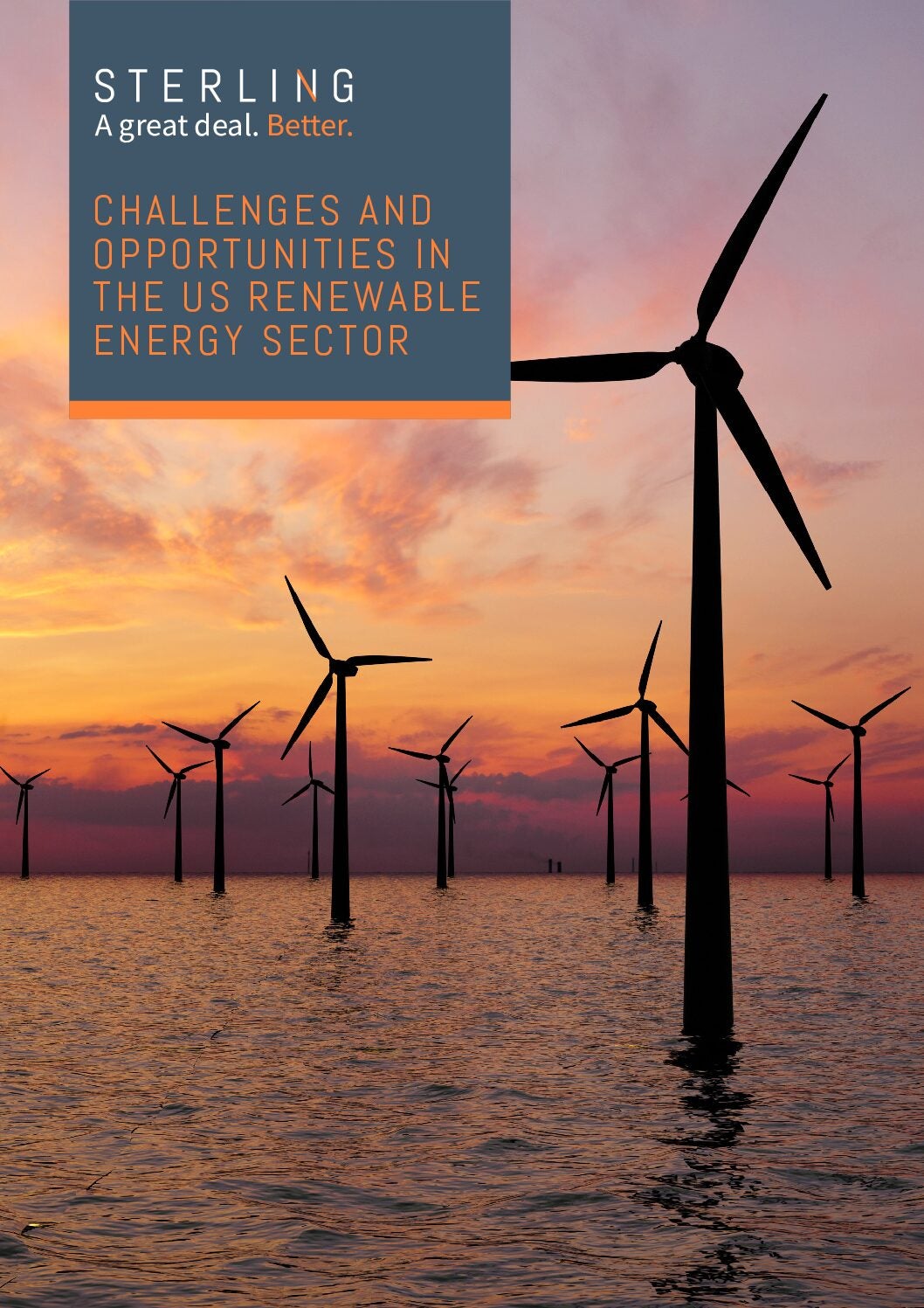
Japanese energy company Tokyo Gas will focus its business on alternative fuels such as e-methane and hydrogen, as well as renewables, it said in its newly published carbon neutrality road map.
Tokyo Power currently stands as Japan’s top gas supplier and one of the country’s biggest liquefied natural gas (LNG) buyers. The company said in its 2050 road map, published on Friday, that it will aim to achieve 50% carbon neutrality in local gas and power operations by 2040, using alternative fuels and offshore wind power.

US Tariffs are shifting - will you react or anticipate?
Don’t let policy changes catch you off guard. Stay proactive with real-time data and expert analysis.
By GlobalDataPart of its plans include a ramp up of e-methane, produced from green hydrogen and CO₂, by the end of the decade. The company also said it will switch to using hydrogen to power its thermal power plants across Japan.
“We will advance decarbonisation through adopting e-methane for gas and expanding renewable energy for electricity, alongside efforts to promote cleaner LNG supply chains,” Tokyo Gas President Shinichi Sasayama told reporters at a news conference on Friday.
The company has targets to reduce 20% of total CO₂ emissions by 2030 compared with 2022 levels, and 60% by 2040, hitting net-zero emissions by 2050. It plans to have 1% of its city gas mix coming from e-methane by the end of the decade and to boost its renewable fuels production tenfold during the 2030s.
However, Sasayama said that natural gas will remain a key element of Japan’s energy mix. When asked whether Tokyo Gas will renew long-term LNG contracts that are expiring soon, he said: “We are well aware of an importance of long-term contracts… but we want to secure flexibility by having more mid-term and short-term contracts.”
Japan has recently moved to make offshore wind a key pillar of its national decarbonisation plans. Its government currently has a target to develop 10GW of offshore wind capacity by 2030 and 45GW by 2040. This month, the government approved a draft amendment to legislation that would expand permitting areas for offshore wind power to include currently exclusive economic zones.
Earlier this month, British power company SSE’s joint venture Japanese unit, SSE Pacifico, announced plans to build 6GW of offshore wind capacity in Japan as plans to expand the renewable source get under way.




